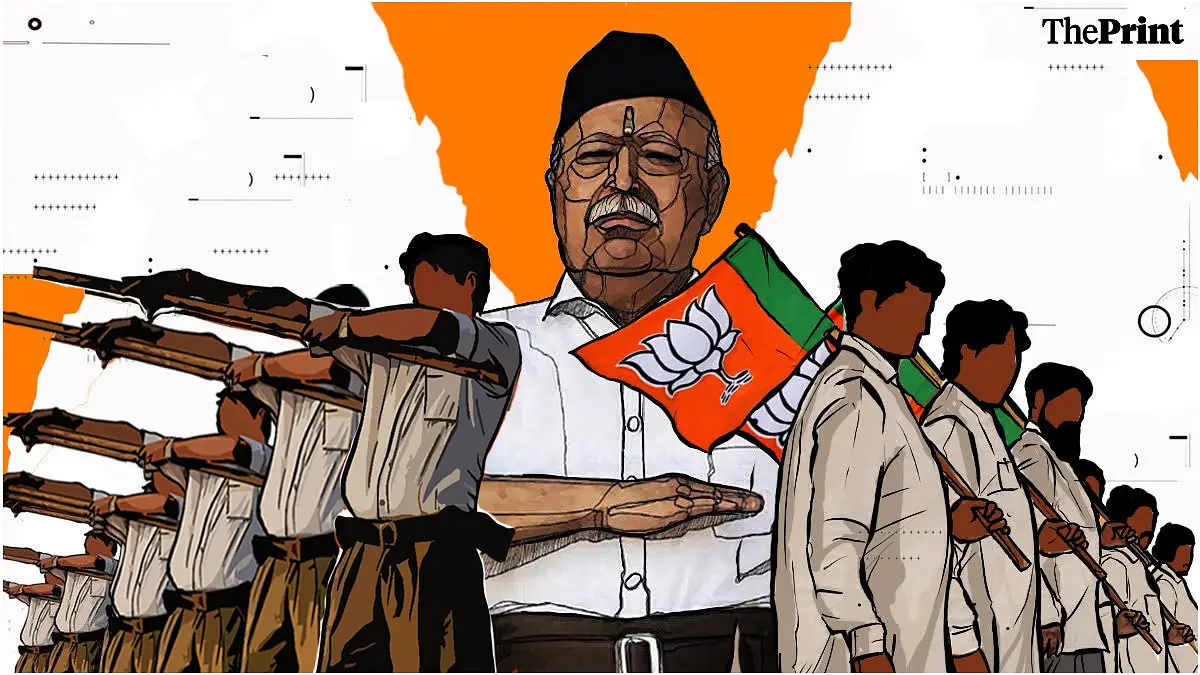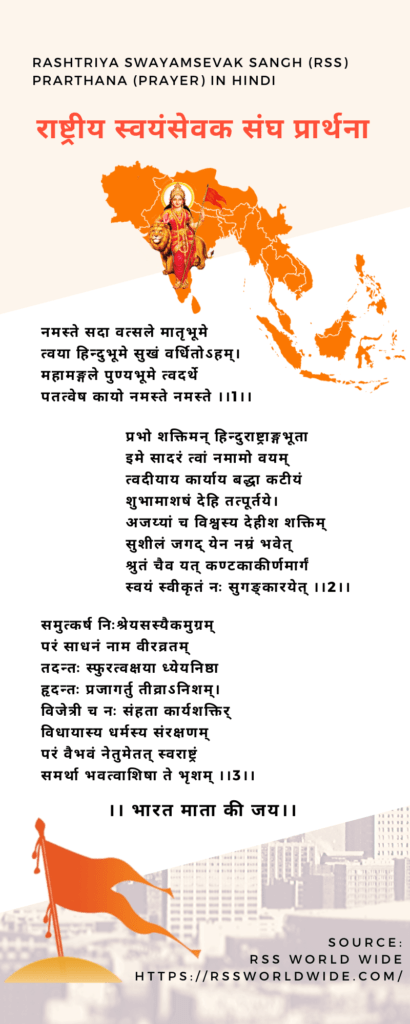Share this Post
The Rashtriya Swayamsevak Sangh (RSS) has been a significant presence in Indian society for nearly a century, and its perceived necessity in India is a subject of both praise and critique. Supporters of the RSS argue that the organization plays a crucial role in various aspects of Indian life, while critics raise concerns about its ideology and influence. Let’s explore both perspectives:

1. Cultural Preservation and National Identity
– Heritage Conservation: Proponents of the RSS argue that the organization works towards preserving India’s rich cultural heritage and traditions. Through its emphasis on promoting Indian languages, arts, and customs, the RSS aims to safeguard the country’s cultural identity.
– Nationalism: The RSS advocates for a sense of nationalism rooted in the idea of “Hindutva,” which emphasizes the cultural and historical unity of India. Supporters believe that fostering a strong national identity is essential for promoting unity and cohesion among the diverse communities of India.
2. Social Service and Community Development:
– Relief Work: During times of natural disasters or emergencies, RSS volunteers are often at the forefront of relief efforts, providing aid and assistance to affected communities. The organization’s extensive network and organizational structure enable efficient mobilization of resources in times of need.
– Community Engagement: RSS-affiliated organizations, such as Seva Bharati and Vivekananda Kendra, are involved in various social welfare activities, including education, healthcare, and rural development. These initiatives aim to uplift marginalized sections of society and contribute to overall community development.
3. Moral and Ethical Values:
– Character Building: The RSS places a strong emphasis on instilling moral and ethical values in its members, including discipline, integrity, and selflessness. Proponents argue that these values are essential for personal development and contribute to the overall well-being of society.
– Youth Empowerment: Through its youth wing, the Akhil Bharatiya Vidyarthi Parishad (ABVP), the RSS engages in activities aimed at empowering young people and nurturing leadership qualities among them. This focus on youth development is seen as crucial for the future of the nation.
4. Political Influence and Ideological Agenda:
– Political Mobilization: Critics of the RSS raise concerns about its perceived influence on Indian politics, particularly its close ties to the ruling Bharatiya Janata Party (BJP). Some argue that the RSS’s political activism undermines the secular principles enshrined in the Indian Constitution.
– Controversial Ideology: The RSS’s ideology of Hindutva, which prioritizes the interests of Hindus, has sparked controversy and criticism from various quarters. Critics argue that this ideology promotes exclusionary policies and undermines India’s secular fabric, leading to communal tensions and social divisions.
In conclusion, the perceived need for the RSS in India depends on one’s perspective and interpretation of its activities and ideology. While supporters highlight its contributions to cultural preservation, social service, and moral values, critics raise concerns about its political influence and ideological agenda. Ultimately, the role of the RSS in Indian society is a complex and contentious issue that continues to shape public discourse and debate.
